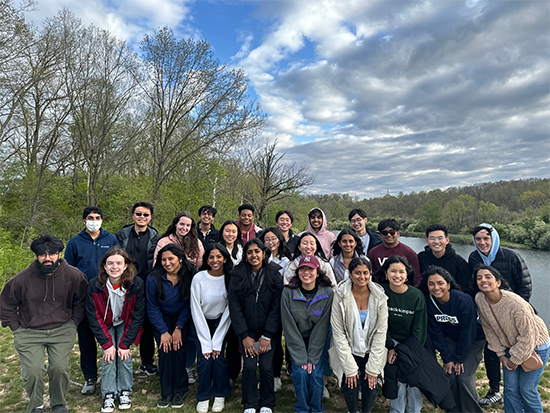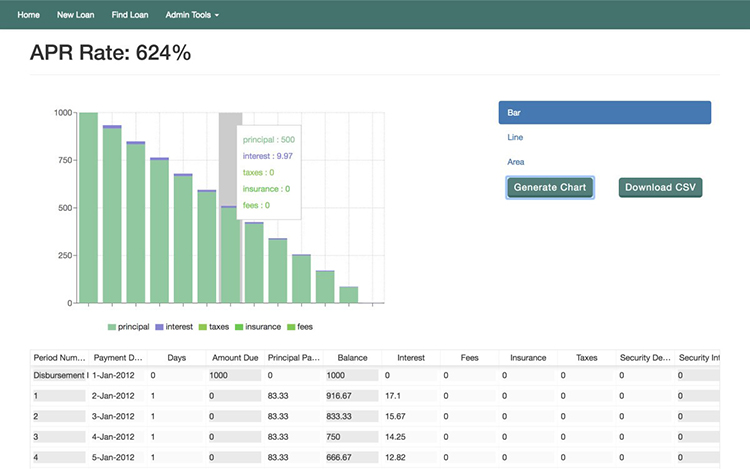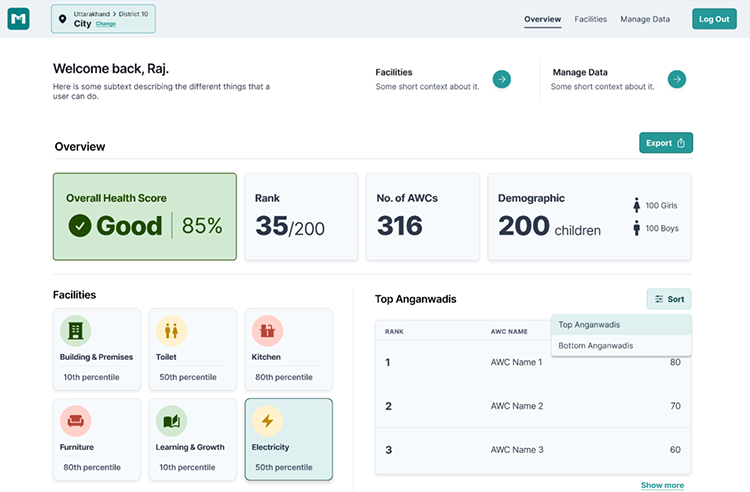By Ken Ogata
The Midwest Big Data Innovation Hub is developing a community of data science student groups across the Midwest region to share and discuss their experiences and best practices. This story is part of a series of student group profiles.
For this profile, we talked with co-directors Andrew Lester and Khush Makadia of the University of Illinois Urbana-Champaign (UIUC) chapter of the national nonprofit Hack4Impact.

For people unfamiliar with the group, “Hack4Impact” may seem like an oxymoron. While pop culture and science fiction have made the term “hacking” synonymous with hooded individuals in dark rooms gaining access to your personal devices, hacking in the real world isn’t always as malicious as it’s portrayed to be in popular culture.
In computer and data science circles, there exists a “hacker culture,” composed of individuals who enjoy the cerebral challenge of finding oversights in computer systems and overcoming the limits of software. Hackathons, an event that spans multiple days in which participants collaborate to engineer software for a specific goal, have become a staple of computer science culture in universities and colleges across the country. In short, “hacking” has gained a much more positive and productive meaning in recent years.
Hack4Impact at UIUC is a prime example of this new definition of hacking. Co-directors Andrew Lester and Khush Makadia believe that hacking can not only be a recreational activity, but a powerful tool for humanitarian action.
“The main goal of Hack4Impact is to promote social good through the use of technology and software in not only our local community but other communities around the world as well,” Lester and Makadia said. “Our main audience is nonprofits around the world for whom we make software that optimizes their processes and allows them to achieve their goals through our resources.”
In recent years, Hack4Impact’s team has worked with national nonprofits such as YMCA, Kiva, and Climate Clock. For Kiva, a nonprofit organization that crowdfunds loans for low-income and underserved people around the world, Hack4Impact helped create an intuitive web application that allows users to create new loans, search for loans, and allows individuals to visualize possible repayment schedules.

Hack4Impact has also worked with international organizations such as Meraki Foundation, a nonprofit based in Northern India, with the goal of providing support to low-income families by ensuring stable and supportive learning environments. For Meraki, Hack4Impact helped create a streamlined dashboard where policymakers could see the infrastructural status of preschools in different districts in Northern India. The Hack4Impact team focused on making Meraki’s data easy to digest for government officials and prioritized user privacy as well.

On top of helping nonprofits across the world, Hack4Impact works with local schools and conducts tech-based workshops to help bolster an interest in technology and computer science among students of all ages.
“We introduce computer science to our community’s children early on, which is a great opportunity for them and for the social impact we make. Getting others excited about what you’re doing is great for building a community and your org’s reputation,” Lester and Makadia said.
For Hack4Impact, each semester is characterized by new projects and, therefore, new deadlines and expectations. It’s important to consider that every single Hack4Impact member is not only working on projects from clients, but also on classwork, exams, job searching, social activities, and life in general.
“There’s a number of challenges we run into as an organization: a big one is finding a balance in how much work we ask of our team leads and team members,” Lester and Makadia said. “It’s difficult to find balance when a project has deliverables to accomplish and timelines that are important to both the client and the rest of the team.”
Despite the difficulty of juggling college life and Hack4Impact, the team remains enthusiastic about new projects they take on every semester.
“Everyone is excited and interested to contribute, as it’s a place for them to do what they’re passionate about, help others, and develop their skills,” Lester and Makadia said.
As a final piece of advice to people looking to join or create their own student organization, Lester and Makadia stated that it’s important to find a group that aligns with your values.
“We recommend finding an idea that is meaningful to you or an activity you enjoy doing,” Lester and Makadia said. “Finding others with shared interests was what made sense [for Hack4Impact], as a way to accomplish our goals and spread a cause we sought. Stay involved in your organization as long as you can, and keep looking for things to improve upon.”
Get Involved
For those interested in Hack4Impact’s work, you can apply for open positions on their official website linked here
Are you a student group leader or advisor? We’d like to hear more about your group’s activities. Contact us if you’d like us to develop a profile of your organization.
About the Midwest Big Data Innovation Hub
The Midwest Big Data Innovation Hub is an NSF-funded partnership of the University of Illinois at Urbana-Champaign, Indiana University, Iowa State University, the University of Michigan, the University of Minnesota, and the University of North Dakota, and is focused on developing collaborations in the 12-state Midwest region. Learn more about the national NSF Big Data Hubs community.
